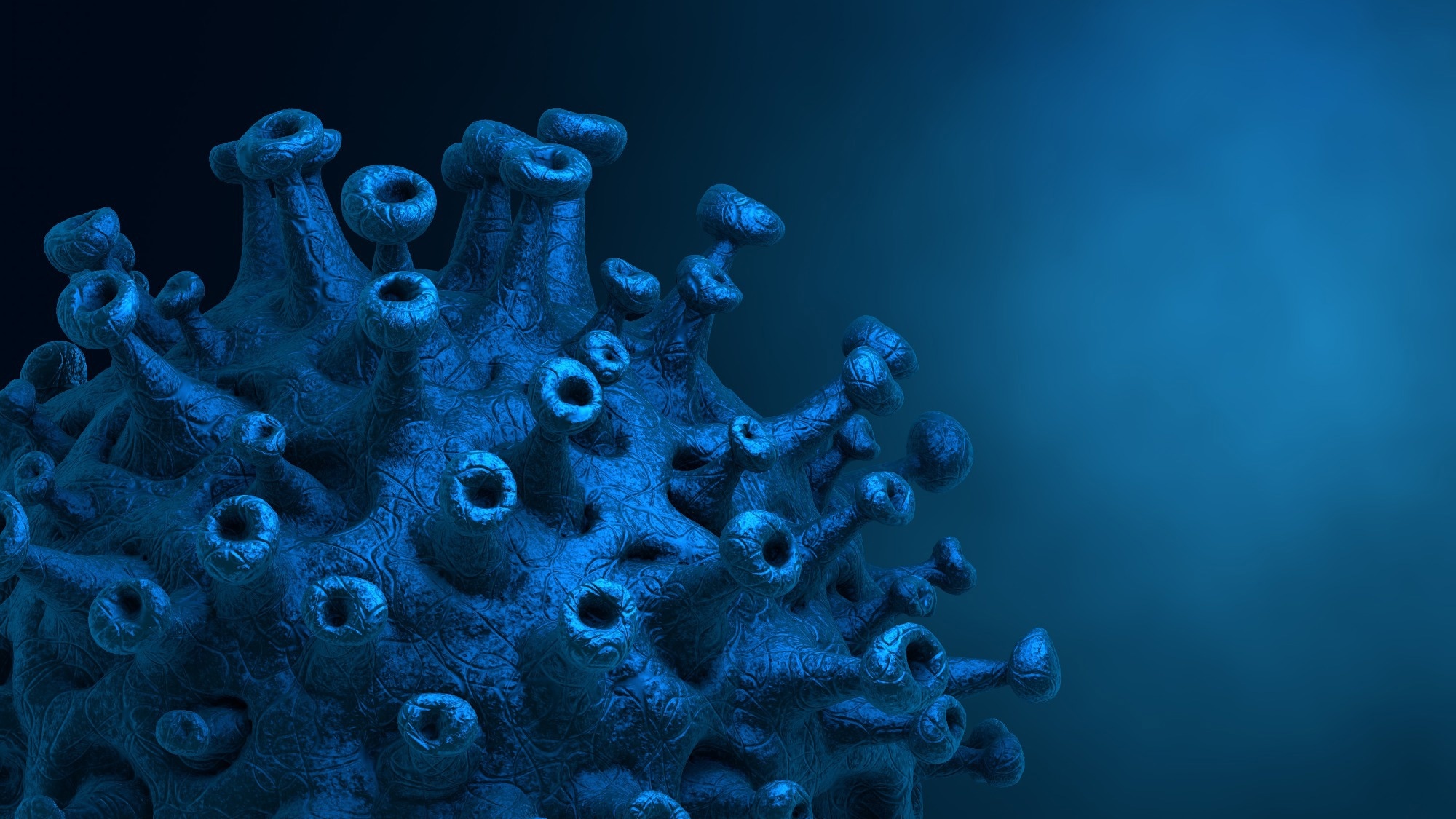The coronavirus disease 2019 (COVID-19) pandemic brought about by severe acute respiratory syndrome coronavirus 2 (SARS-CoV-2) adversely impacted public health and safety worldwide. COVID-19 infection can be characterized as a respiratory disease with mild influenza (flu-like) symptoms that include dry cough, fever, fatigue, myalgia, or shortness of breath. Severe cases can cause pneumonia, acute respiratory distress syndrome, multi-organ failure, and even death. More than 556 million confirmed and more than 6.3 million deaths were reported globally as of 14th July 2022 by the World Health Organization (WHO).
 Study: Semen parameters and sex hormones as affected by SARS-CoV-2 infection: A systematic review. Image Credit: CROCOTHERY/Shutterstock
Study: Semen parameters and sex hormones as affected by SARS-CoV-2 infection: A systematic review. Image Credit: CROCOTHERY/Shutterstock
SARS-CoV-2 belongs to the Coronaviridae family and shares 89.74% N protein amino acid sequence similarity with the syndrome coronavirus (SARS-CoV). Many previous studies reported defects in spermatogenesis and testis damage in patients with SARS-CoV. The similarities between SARS-CoV-2 and SARS-CoV led many studies to assume that the early COVID-19 outbreak was associated with potential fertility problems.
The invasion of host cells by SARS-CoV-2 occurs through binding to cellular angiotensin-converting enzyme 2 (ACE2) receptors. Along with the lungs, ACE2 receptors are also expressed in other organs such as the kidney, liver, heart, and gut, whose damage has also been reported in COVID-19 patients. Several studies have reported mRNA and protein expression of ACE2 in the testes to be the highest in the body. This suggested that the adverse impact of COVID-19 on reproduction might be due to the direct SARS-CoV-2 infection.
However, one study indicated that out of 12 patients who died of COVID-19, the virus was identified only in the testicular tissue sample of one patient. Another study showed that the virus mostly comes from the blood rather than the testicular tissue. Therefore, it is important to understand the mechanism for the fertility problems associated with SARS-CoV-2 infection since the pandemic continues to be a serious public health challenge globally.
A new study in Progrès en Urologie aimed to systematically review studies investigating sex hormones and semen parameters in COVID-19 patients to provide a better understanding and treatment approach.
About the study
The study searched English-language literature on Google Scholar and PubMed for papers that were associated with the impact of SARS-CoV-2 infection on male fertility. The inclusion criteria involved healthy men, COVID-19 patients 18 years of age and above, studies published from 2020 to 2022, and clinical trial outcome measures where at least one or more semen parameters or hormones were included.
The abstracts and titles were scrutinized by two independent reviewers to remove duplicate documents. A corresponding author was consulted in case of disagreements between both reviewers. A relevant PRISMA flow chart was constructed to estimate the number of retrieved papers and the undertaken steps. Finally, the extraction of data was carried out by two independent investigators, and an agreement was reached following the involvement of a third investigator. The information on the number of controls and subjects, study design, as well as clinical data were extracted from the documents that matched the inclusion criteria.
Study findings
The results indicated that 26 articles were finally selected following the screening. Most of the studies reported lower sperm concentration, sperm motility, and normal morphology in men infected with COVID-19 as compared to controls. However, these parameters were observed to return to normal in recovered patients. Several studies also reported lower serum total testosterone (TT) levels of men infected with severe COVID-19 and those with COVID-19 pneumonia. Moreover, in some studies, the serum levels of estradiol (E2), luteinizing hormone (LH), prolactin (PRL), and follicle-stimulating hormone (FSH) were observed to be higher in infected men as compared to healthy men.
Therefore, the current study demonstrates that COVID-19 infection can impact semen parameters as well as sex hormone levels in men with mild or severe disease. However, improvement of semen parameters as well as T and LH levels occurred to some extent in recovered patients. Further research is required to identify the exact time when the sex hormone levels and sperm quality start to improve. Moreover, understanding all possible routes of transmission is important for the determination of preventive measures.